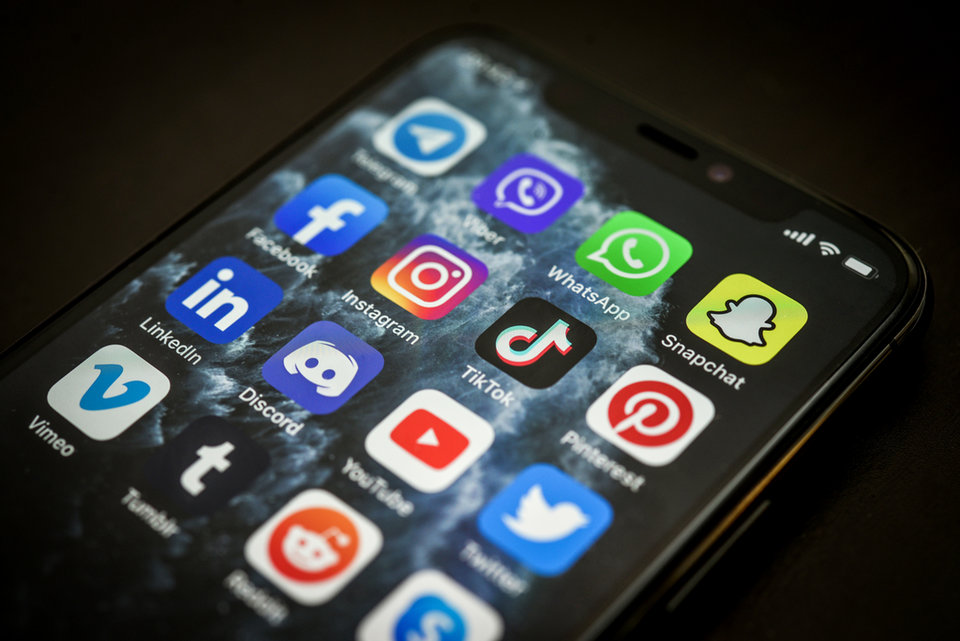
Stop the spread: Covid-19 misinformation circulating on social media can be harmful
Officials have spoken out about the dangers of Covid-19 and other health misinformation on social media, but this is increasingly difficult to identify.
Social media has fueled Covid-19 misinformation since the beginning of the pandemic, casting doubts about both the legitimacy of the vaccines and of Covid-19 as a whole.
The misinformation circulating online can be dangerous to public health, as some posts promote medicines that have not been deemed safe for Covid-19 treatment, while other posts encourage individuals to refuse receiving a Covid-19 vaccination.
The US Food and Drug Administration (FDA) has publicly warned against the use of many products that have been shared on social media with claims that they can prevent or treat Covid-19. Said products include sanitisers, disinfectants, ultraviolet lights and even at-home Covid-19 tests and antigen tests.
In addition to fake products, several posts on social media have claimed that various legitimate products are ineffective. For example, posts and videos have circulated that claim masks are ineffective and will not protect anyone from contracting Covid-19.
Rumours have circulated through social media about Covid-19 test swabs, including that testing people leads to more Covid-19 cases. People have also shared videos on social media that claim test swabs contain ethylene oxide, a cancer-causing chemical. Although this claim has been corrected by health officials, the misinformation is still shared.
While public health and government officials have spoken out about the dangers of health misinformation circulating on social media, it is increasingly difficult to identify inaccurate or misleading information online.
Misinformation can be presented in a sophisticated or scientific way, making it look like a legitimate source of information. As a result, public health and government officials have turned to social media platforms to address the issue and stop the spread of misinformation.
Twitter has recently announced that its users are now able to report Covid-19 misinformation in the same way they can report harassment or offensive content. Instagram and Facebook have also started to flag some content, so that such posts remain online but now include a note stating that they have been fact-checked and proven to be partially or fully false.
Social media platforms are unlikely to do anything else to prevent misinformation, and it is virtually impossible to flag every post that contains false data and news.
Perhaps the only solution to the spread of Covid-19 misinformation is to fact check individually when coming across a post about Covid-19 and ensuring vigilance when consuming information found on social media.
For more insight and data, visit GlobalData's Medical Intelligence Centre
COMMENT from